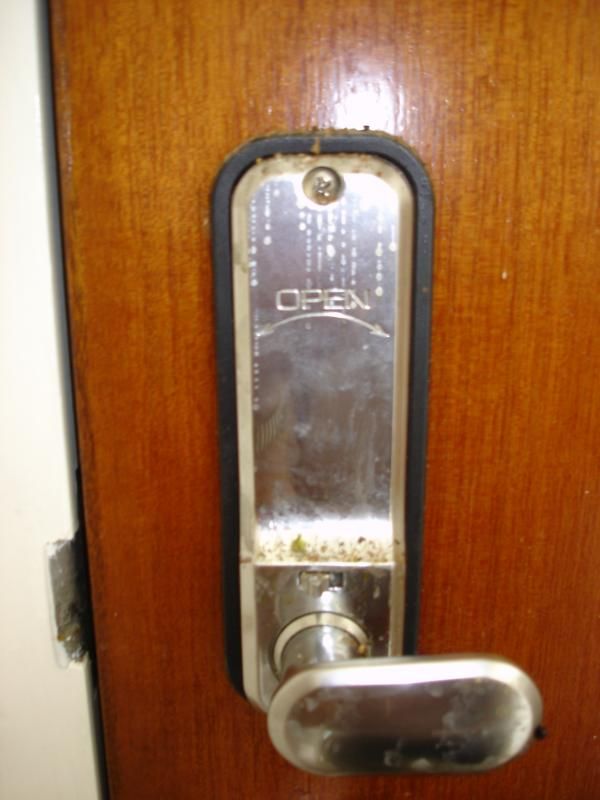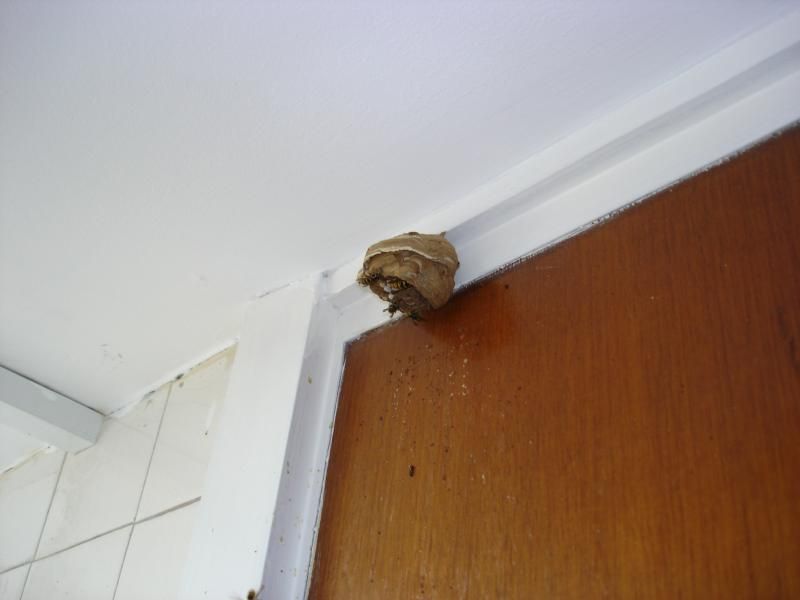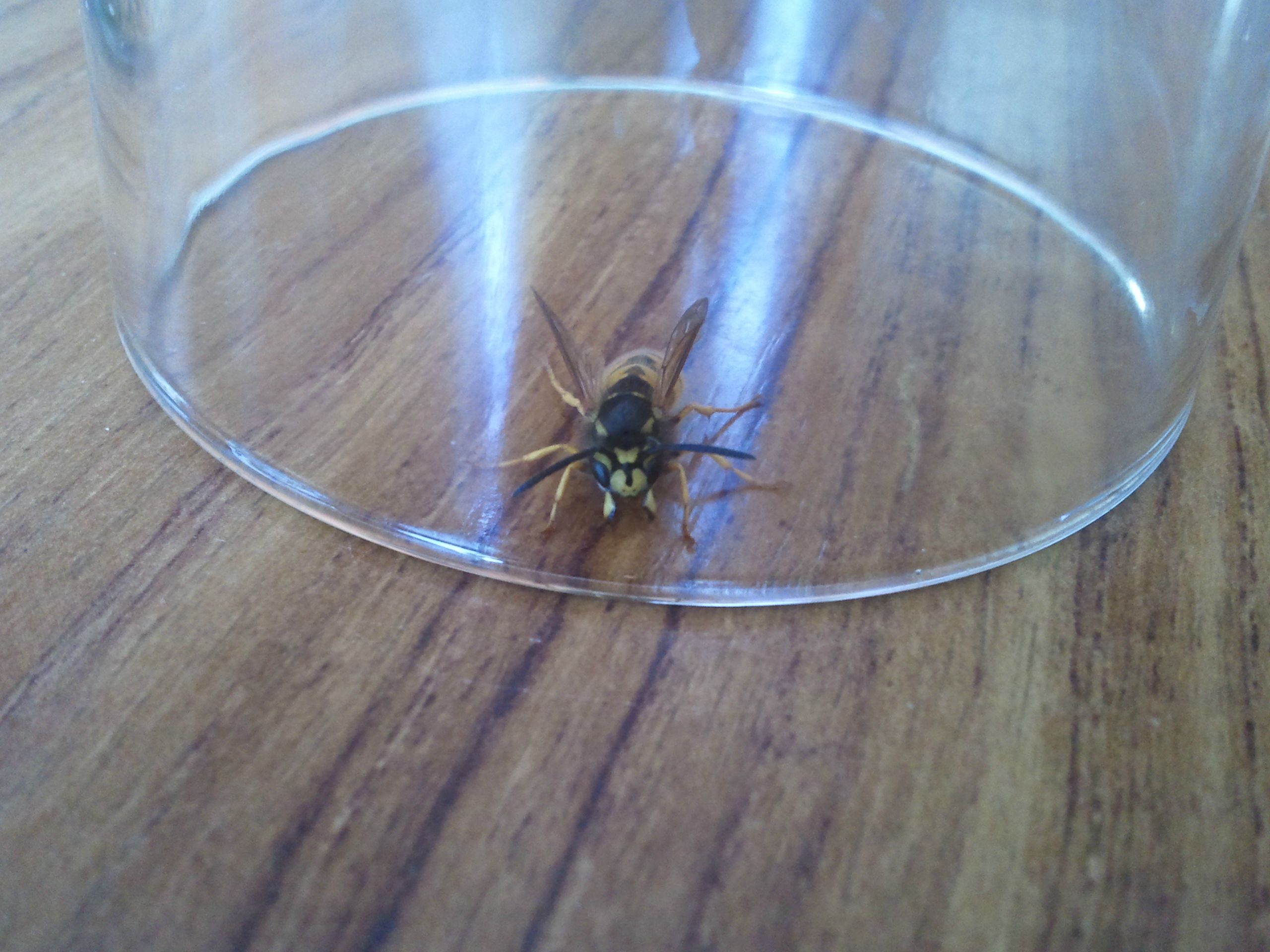OP
- Joined
- May 12, 2009
- Messages
- 1,763
- Reaction score
- 34
- Location
- North Wilts
- Hive Type
- National
- Number of Hives
- Lots and lots
If there is that much material going into a nest where is the pile of excrement and debris going? Some will be taken away by fliers but surely not all.
Dare I suggest the figures may be wildly inaccurate?
4-5 tonnes does seem excessive, although I do not know if it mentions the size of the nest. Most wasps nest I have come across have been no larger than a rugby ball.
I wish my hives could collect 4-5 tonnes of honey a year!








